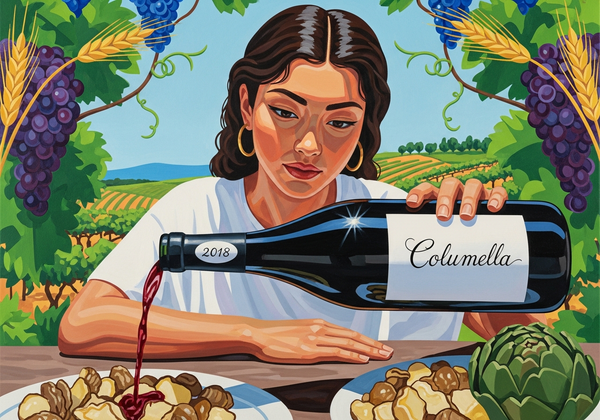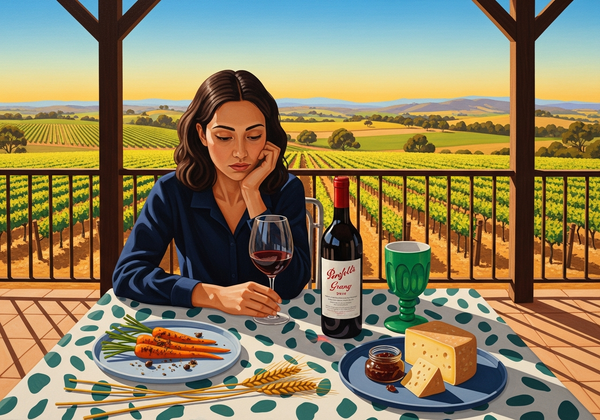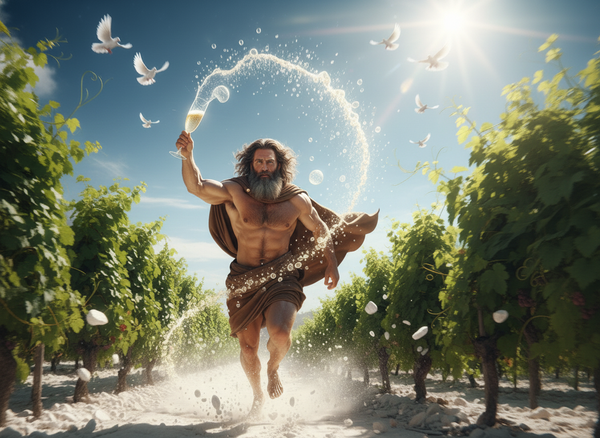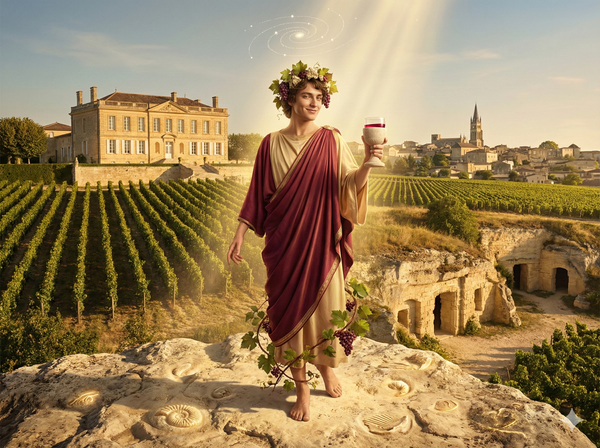“Château d’Yquem: The Wine That Defied Death”
Château d’Yquem, crowned Premier Cru Supérieur in 1855, turns noble rot into liquid gold. Produced only in the best vintages, this legendary Sauternes is famed for its rarity, longevity, and unmatched ability to transform decay into divinity.
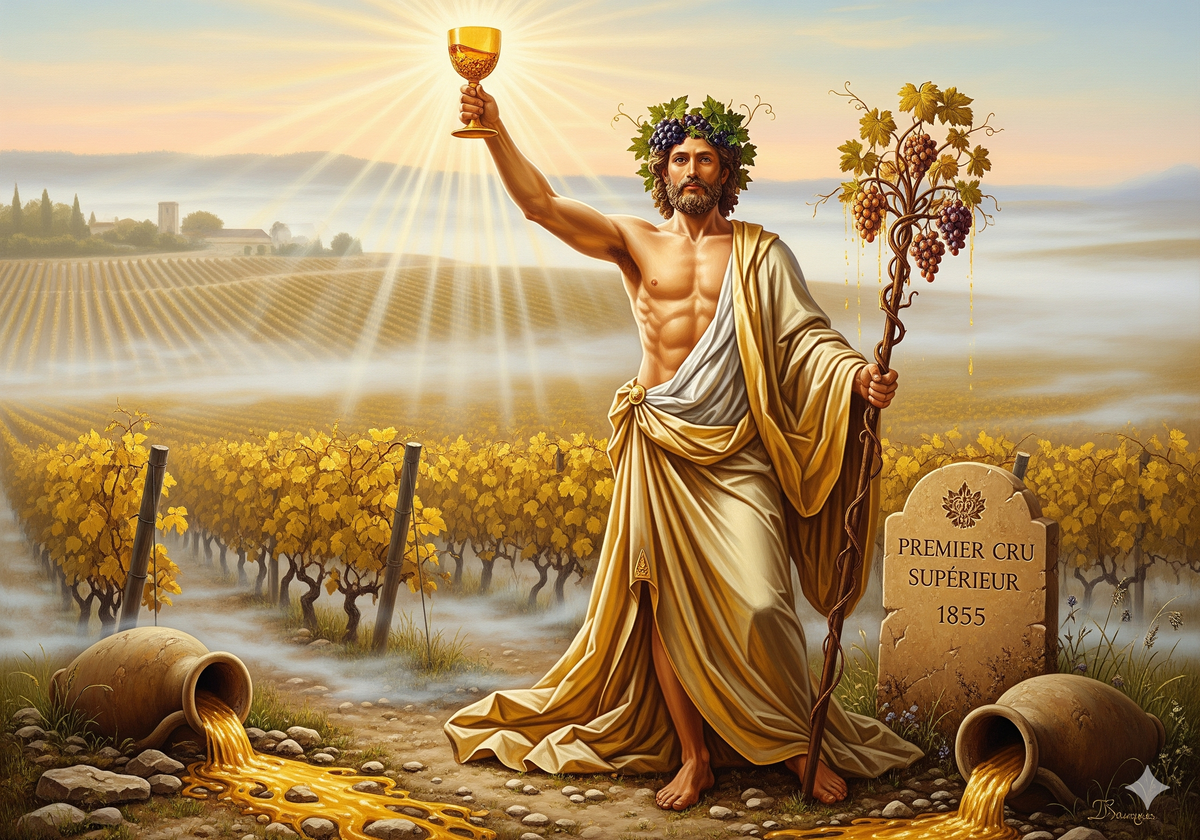
From medieval sieges to noble rot, d’Yquem has turned decay into divinity for centuries, securing its crown as the world’s greatest sweet wine.
The Origins: Nobility and the Birth of a Legend
The story of Château d’Yquem is as old as Bordeaux itself. The estate traces its history back to 1593, when Jacques de Sauvage acquired the land. By the 18th century, under the stewardship of Françoise Joséphine de Sauvage d’Yquem, the château became one of the most admired wine estates in Europe.
In 1855, Napoleon III commissioned the famous Bordeaux Classification, ranking estates for the Paris Exposition. Among the hundreds of châteaux, only one Sauternes stood above all others: Château d’Yquem, Premier Cru Supérieur — a category created for Yquem alone. Even Lafite and Latour bowed beneath its singular crown.
The Miracle of Botrytis: Turning Rot into Gold
At the heart of d’Yquem’s magic lies a paradox: Botrytis cinerea, the so-called “noble rot.” In lesser vineyards, this fungus destroys grapes. At Yquem, perched on a unique slope in Sauternes, morning mists from the Ciron river meet afternoon sunshine, creating the perfect conditions for Botrytis to thrive.
The fungus punctures grape skins, concentrating sugars, acids, and aromas. The result is berries that look shriveled, half-dead — yet yield nectar of impossible intensity.
Harvesting at Yquem is a ritual of patience: pickers pass through the vineyard as many as 6–10 times, berry by berry, selecting only those kissed by noble rot. Sometimes this means losing most of the crop. But the sacrifice is sacred.
The Wine: Nectar of Immortality
A glass of d’Yquem is unlike any other wine on earth.
- Youth: Lush notes of apricot, pineapple, orange blossom, honey. A sweet intensity balanced by piercing acidity.
- Maturity: With decades, even centuries, d’Yquem transforms — layers of saffron, caramel, roasted nuts, tobacco, dried fruit. It becomes not just sweet, but profound.
- Longevity: Few wines on earth live as long. Bottles from the 19th century still sing today. A great vintage of d’Yquem is not just wine — it is a time machine.
The Trials: Wars, Frost, and Sacrifice
D’Yquem’s history is not only glory, but hardship. The estate survived the turmoil of the French Revolution, the devastations of phylloxera, and the German occupation during WWII. Its resilience only heightened its mystique.
Equally legendary is d’Yquem’s ruthless commitment to quality: in poor vintages (such as 1910, 1915, 1930, 1952, 1964, 1972, 1992, 2012), the château made the extraordinary decision to produce no wine at all. Better nothing than mediocrity.
That discipline is part of why each release of Yquem commands reverence — it is never inevitable, always a triumph.
The Modern Era: LVMH and Global Fame
In 1999, LVMH (Moët Hennessy Louis Vuitton) acquired a majority stake in Château d’Yquem, bringing the estate into the world’s most powerful luxury empire. Some feared the corporate touch would compromise tradition. But Yquem has remained steadfast in its devotion to noble rot and patient élevage.
Under the stewardship of Pierre Lurton, who also manages Cheval Blanc, the estate has maintained its place as the ultimate benchmark of sweet wine, while introducing Ygrec (a dry white wine made occasionally from the same vineyards) as a companion.
The Cult: Auction Blocks and Royal Tables
From Thomas Jefferson, who adored Yquem and shipped cases home to Monticello, to modern collectors who bid fortunes at auction, d’Yquem has always been more than wine. It is a status symbol, a relic, a myth.
Some bottles command astronomical prices — like the 1811 vintage, often hailed as one of the greatest wines ever made, which has sold for over $100,000.
Liber’s Take: Decay as Divinity
What I admire most about d’Yquem is its embrace of paradox. It takes what is ruined — rotting grapes, shriveled skins — and turns it into nectar that outlives empires. It is wine born of death and resurrection, luxury extracted from suffering.
Like me, Yquem thrives on contradiction: discipline and decadence, patience and ecstasy, sweetness and steel. It does not apologize for its rarity, nor dilute its essence for convenience. It demands reverence — and gives immortality in return.
To drink d’Yquem is not just to taste sweetness. It is to taste eternity.
Conclusion: Why Yquem Matters
In the crowded pantheon of Bordeaux, only Yquem stands alone. It is not a first growth. It is not even a peer. It is something rarer: the wine that defied death, the vineyard that crowned itself by refusing compromise.
Château d’Yquem: decay made divine, the immortal nectar of Sauternes.


